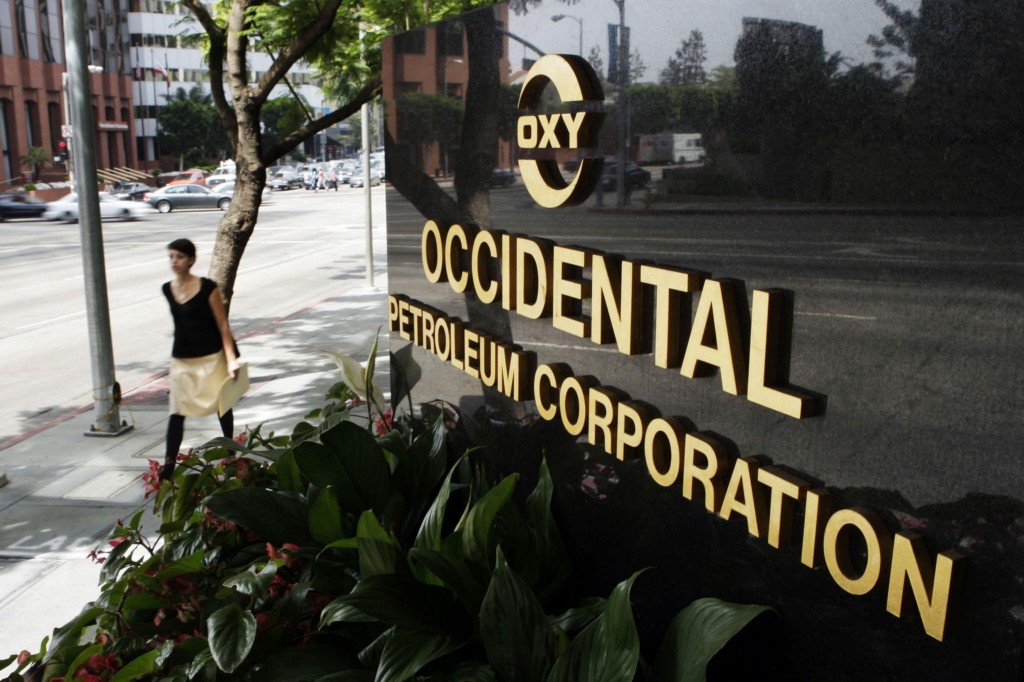All of a sudden, majorities of oil company shareholders are voting to force a full accounting of climate risks and opportunities.
Last week, Occidental Petroleum’s shareholders voted overwhelmingly (393 million votes to 191 million) to direct management and the board to assess the impact of the “2-degree scenario” on the oil company’s assets and liabilities. Other oil companies face surprisingly close votes later this month on resolutions to assess the financial effects of climate-change regulation (Exxon) and the status of their low-carbon transitions (Chevron).
That independent shareholders are now winning such votes represents a titanic shift in attitudes among investors. Major assets holders that have routinely backed management recommendations against climate-risk resolutions are jumping ship. In the Occidental vote, the world’s largest asset manager, BlackRock, for the first time bucked management to vote in favor of a climate-risk resolution.
Likelihood of action
Even more striking, shareholder support is moving in the opposite direction from Washington policy. Many of the climate-risk resolutions are predicated on the likelihood of global action against climate change — that is, regulations or incentives that would limit the burning of fossil fuels. The chances for such regulations went up with last year’s ratification of the global climate agreement, which calls for concerted action to keep temperatures from rising more than 2 degrees Celsius.
Given that the probability of such concerted global action, or certainly U.S. leadership, has fallen under the Trump administration, the shareholder votes may signal that investors have already moved on to the realities of the low-carbon transition. Investors are increasingly pushing for government action to smooth, rather than disrupt, the shift.
BlackRock, with $5.4 trillion under management, is Occidental’s largest shareholder. Last year, the company backed management to oppose a climate-risk resolution (and the measure failed, 259 million votes to 249 million.) This year, patience ran out. “We remain concerned about the lack of discernable improvements to the company’s reporting practices” on climate issues, a BlackRock spokesman told Reuters.
Shareholder activism
The oil company resolutions come as the Trump administration and some legislators are seeking to rein in shareholder activism, particularly around social and environmental issues (see, “Shareholder resolutions are one of the only ways for investors to have impact on public companies”). BlackRock in March put corporate boards on notice that it expects them “to have demonstrable fluency in how climate risk affects the business” and how management is managing that risk.
The 2-degree resolutions are intended to drive a chain of decisions as companies deal with risks, as suggested by the Task Force on Climate-Related Risk, chaired by former New York Mayor Michael Bloomberg. The risks are not only from climate change itself, but more immediately, that markets and policies will increasingly reflect that risk. Shareholder concern reflects the speed with which the understanding of “stranded assets” has gone from activist fringe to mainstream financial modeling.
The resolution, introduced by Wespath Investment Management and the Nathan Cummings Foundation, calls for a report that forecasts multiple, fluctuating demand and price scenarios and the impact on the company’s reserves and resources. It specifically calls out scenarios that could, indeed, keep temperature increases below 2 degrees Celsius.
Step-by-step, oil companies are being drawn into the logic-chain of the carbon economy. At Chevron, shareholders are pushing the company to report on its transition to a low-carbon economy, via a resolution filed by As You Sow. Chevron has published a report, “Managing Climate Risks,” and had “extensive dialogue with proponents and other stockholders.”
Critics say the report downplays the risks to Chevron. Whether BlackRock agrees could hold the key to the vote.











